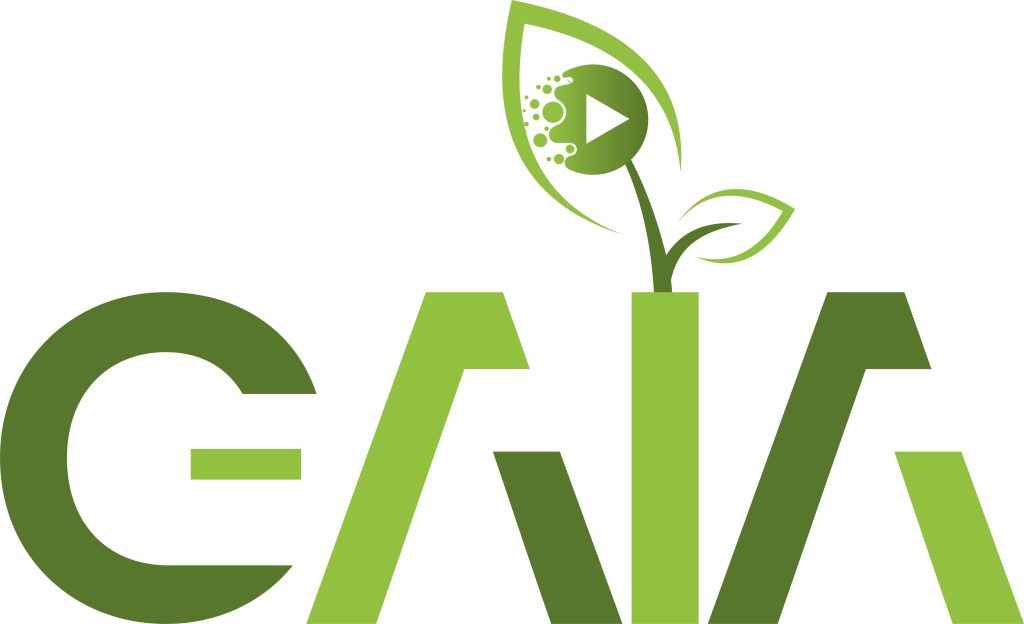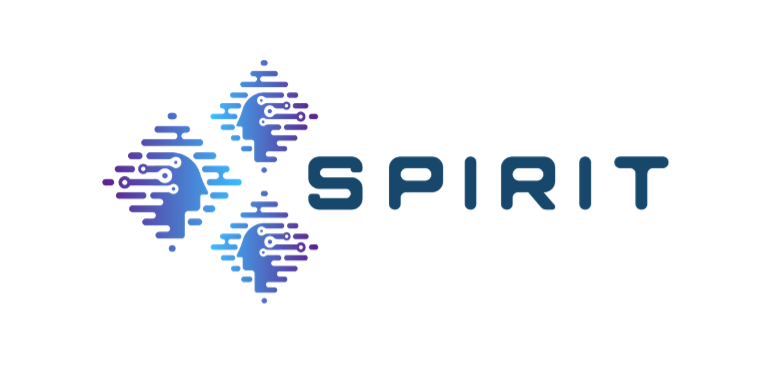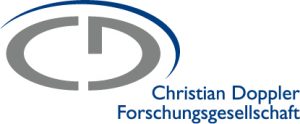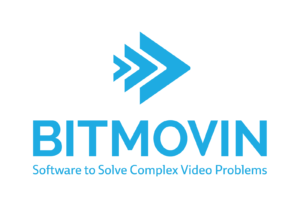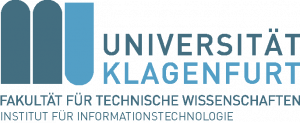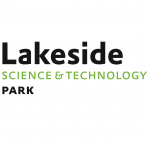CD-LwTE: Cost- and Delay-aware Light-weight Transcoding at the Edge
IEEE Transactions on Network and Service Management (TNSM)
[PDF]
Alireza Erfanian (Alpen-Adria-Universität Klagenfurt, Austria), Hadi Amirpour (Alpen-Adria-Universität Klagenfurt, Austria), Farzad Tashtarian (Alpen-Adria-Universität Klagenfurt, Austria), Christian Timmerer (Alpen-Adria-Universität Klagenfurt, Austria), and Hermann Hellwagner.
Abstract—The edge computing paradigm brings cloud capabilities close to the clients. Leveraging the edge’s capabilities can improve video streaming services by employing the storage capacity and processing power at the edge for caching and transcoding tasks, respectively, resulting in video streaming services with higher quality and lower latency. In this paper, we propose CD-LwTE, a Cost- and Delay-aware Light-weight Transcoding approach at the Edge, in the context of HTTP Adaptive Streaming (HAS). The encoding of a video segment requires computationally intensive search processes. The main idea of CD-LwTE is to store the optimal search results as metadata for each bitrate of video segments and reuse it at the edge servers to reduce the required time and computational resources for transcoding. Aiming at minimizing the cost and delay of Video-on-Demand (VoD) services, we formulate the problem of selecting an optimal policy for serving segment requests at the edge server, including (i) storing at the edge server, (ii) transcoding from a higher bitrate at the edge server, and (iii) fetching from the origin or a CDN server, as a Binary Linear Programming (BLP) model. As a result, CD-LwTE stores the popular video segments at the edge and serves the unpopular ones by transcoding using metadata or fetching from the origin/CDN server. In this way, in addition to the significant reduction in bandwidth and storage costs, the transcoding time of a requested segment is remarkably decreased by utilizing its corresponding metadata. Moreover, we prove the proposed BLP model is an NP-hard problem and propose two heuristic algorithms to mitigate the time complexity of CD-LwTE. We investigate the performance of CD-LwTE in comprehensive scenarios with various video contents, encoding software, encoding settings, and available resources at the edge. The experimental results show that our approach (i) reduces the transcoding time by up to 97%, (ii) decreases the streaming cost, including storage, computation, and bandwidth costs, by up to 75%, and (iii) reduces delay by up to 48% compared to state-of-the-art approaches.



